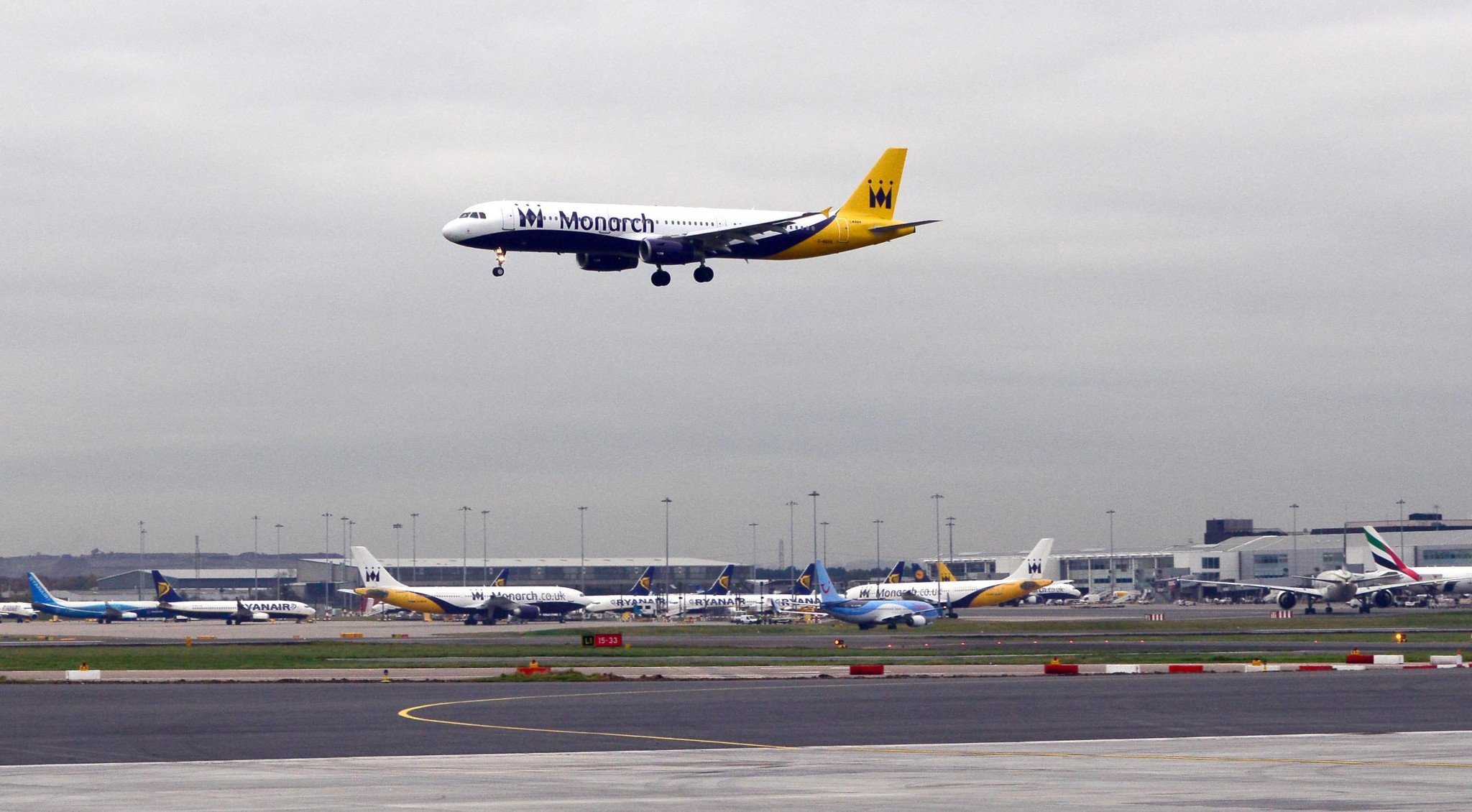The 1960s icon Monarch Airlines has finally collapsed, going into administration in the UK after the Civil Aviation Authority (CAA) refused to renew its licence. All aircraft are now grounded, leaving Boeing with 45 737MAX-8 delivery slots to fill, following the additional order at Paris this year for 15. The Monarch fleet is all leased, save for one 737-800, and once again it is the A320-family that sees an operator collapse. So, who is exposed?
One aircraft is currently stored – on lease at Air Malta – AerCap has nine A321-231s; Aviation Capital Group has four A321-231 WLs; SMBC has one A320-214; Avolon has three A321-342s; Robert Genise’s AerGen has two A321-231s – one within the HAIL ABS; Archway has two A321-231s, Apollo Aviation has two A321-231s (both over 18 years old) – one is within the 2016-1 AASET ABS; Investec has one A321-214; Air Lease Corporation has one A320-214WL; and one A320 is on lease from Latvian airline SmartLynx.
AerCap is the worst exposed not only through numbers of aircraft but also through age as its aircraft range from 11 to 19 years old – by far the oldest in this fleet and they will be a challenge to re-lease while the others are out there in the market, which could require the lessor to consider breaking-up the aircraft or selling off the oldest after reconfiguration costs are considered. Demand for A321 aircraft has been very strong of late, however, and this is a bonanza for any airline looking to lease an A321 just had all of their Christmases come at once. They can command a competitive price from leading lessors from today.
A large number of passengers – believed to be up to 110,000 – are currently overseas. The British government via the CAA and the ABTA program has initiated a flight plan to bring them home using 30 chartered aircraft. At least Ryanair now knows where to look for pilots as some 2,750 people are to be made redundant at Monarch. Over 300,000 forward bookings are now cancelled and the very big winners in this could and should be Jet2 and TUI. Wizz Air has already launched “rescue fares” for Monarch passengers (see European Airline News below).
Greybull Capital has over recent years sunk more than £165m into the airline to try and turn it around, but to no avail. The reality is that the Greybull target was originally the MRO – Monarch Aircraft Engineering Limited (MAEL) – which has been doing well throughout the last ten years and is continuing to trade normally today. Greybull could still turn a significant profit on investment over the mid-term through MAEL but the MRO will lose a very large proportion of its home airline work and that is more than 40% of the business for the MRO. It will also lose its edge for aircraft in service data from the home airline. These are hurdles that can be overcome at speed however as the company continues to expand its customer base at speed but one feels the MRO needed a further 24 months to stem the worst fallout from this action by the parent company.

